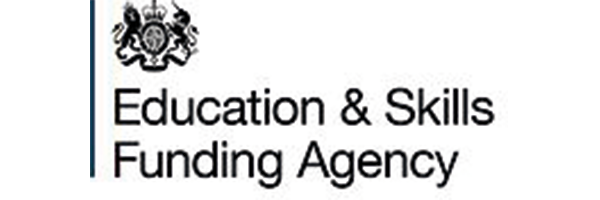#BeKind: Taking a stand against online trolls
The tragic death of TV presenter Caroline Flack continues to raise questions about the level of safeguarding online. Trolling is something which sadly affects many people’s lives, whether they’re famous or not. There is no simple explanation for why someone chooses to take their own life and it is rarely due to one particular factor. But after the 40-year-old TV presenter was found on Saturday, those words have assumed an added resonance for many:
Types of cyberbullying
There are many ways of bullying someone online and for some it can take shape in more ways than one. Some of the types of cyber bullying are:
- Harassment – This is the act of sending offensive, rude, and insulting messages and being abusive. Nasty or humiliating comments on posts, photos and in chat rooms. Being explicitly offensive on gaming sites.
- Denigration – This is when someone may send information about another person that is fake, damaging and untrue. Sharing photos of someone for the purpose to ridicule, spreading fake rumours and gossip. This can be on any site online or on apps. We even hear about people altering photos of others and posting in online for the purpose of bullying.
- Flaming – This is when someone is purposely using really extreme and offensive language and getting into online arguments and fights. They do this to cause reactions and enjoy the fact it causes someone to get distressed.
- Impersonation – This is when someone will hack into someone’s email or social networking account and use the person’s online identity to send or post vicious or embarrassing material to/about others. The making up of fake profiles on social network sites, apps and online are common place and it can be really difficult to get them closed down.
- Outing and Trickery – This is when someone may share personal information about another or trick someone into revealing secrets and forward it to others. They may also do this with private images and videos too.
- Cyber Stalking – This is the act of repeatedly sending messages that include threats of harm, harassment, intimidating messages, or engaging in other online activities that make a person afraid for his or her safety. The actions may be illegal too depending on what they are doing.
- Exclusion – This is when others intentionally leave someone out of a group such as group messages, online apps, gaming sites and other online engagement. This is also a form of social bullying and a very common.
Consequences of Cyberbullying: The Numbers
The consequences of being bullied are wide-ranging and vary from temporary effects down to long-term, or even fatal, endpoints. Nobullying.com released a report in 2019 that states:
- 70% of bullied 16-19 felt cyberbullying affected their social lives
- 23% of bullied 19-23 year olds turned to self harming behaviours such as cutting
- 24% of bullied 16-19 have suicidal thoughts
- 10% of bullied 18-24 year olds have attempted to take their own lives
Additionally, another study suggests that 64% of 19 year olds believe that being bullied has harmed their academic records and ability to focus in school. There is also research that suggests that youths that have suffered cyberbullying are nine times more likely to be the victims of identity fraud than those who have not.
Bullying and cyber bullying help
Being bullied online and advice on what to do
Cyber bullying is any form of bullying which takes place online or through smartphones and tablets. Social networking sites, messaging apps, gaming sites and chat rooms such as Facebook, XBox Live, Instagram, YouTube, Snapchat and other chat rooms can be great fun and a positive experience. But what do you do when things go wrong? If you or someone you know needs support for issues about emotional distress, these organisations may be able to help.
If you think that bullying is just a part of everyday school life, you’re wrong. No-one deserves to be bullied and you shouldn’t ignore the problem. Government website offering advice and information for young people and parent on how to combat bullying. – https://www.gov.uk/bullying-at-school
BullyingUK part of Family Lives have launched a new LiveOnline Support service for every member of the family to get advice direct from our Expert team, our advisors are standing by to support you with a wide range of bullying problems. – https://www.bullying.co.uk/cyberbullying
Shout
Shout is a 24/7 text service, free on all major mobile networks, for anyone struggling to cope and in need of immediate help. Text SHOUT to 85258 – https://www.giveusashout.org/get-help/
HOPELineUK offer support, practical advice and information to young people considering suicide and can also offer help and advice if you’re concerned about someone you know. Phone: 0800 068 41 41 – https://papyrus-uk.org/
CALM, the campaign against living miserably aims to prevent male suicide in the UK and offers anonymous, confidential listening, information and signposting. Phone: 0800 58 58 58 (daily 5pm-midnight – https://www.thecalmzone.net/
Contact Information for Major Online Platforms
Facebook – https://www.facebook.com/help/181495968648557/
Instragram – https://help.instagram.com/477434105621119/
Snapchat – https://support.snapchat.com/en-GB
YouTube – https://www.youtube.com/intl/en-GB/about/policies/#reporting-and-enforcement
Twitter – https://help.twitter.com/en/safety-and-security/report-abusive-behavour






